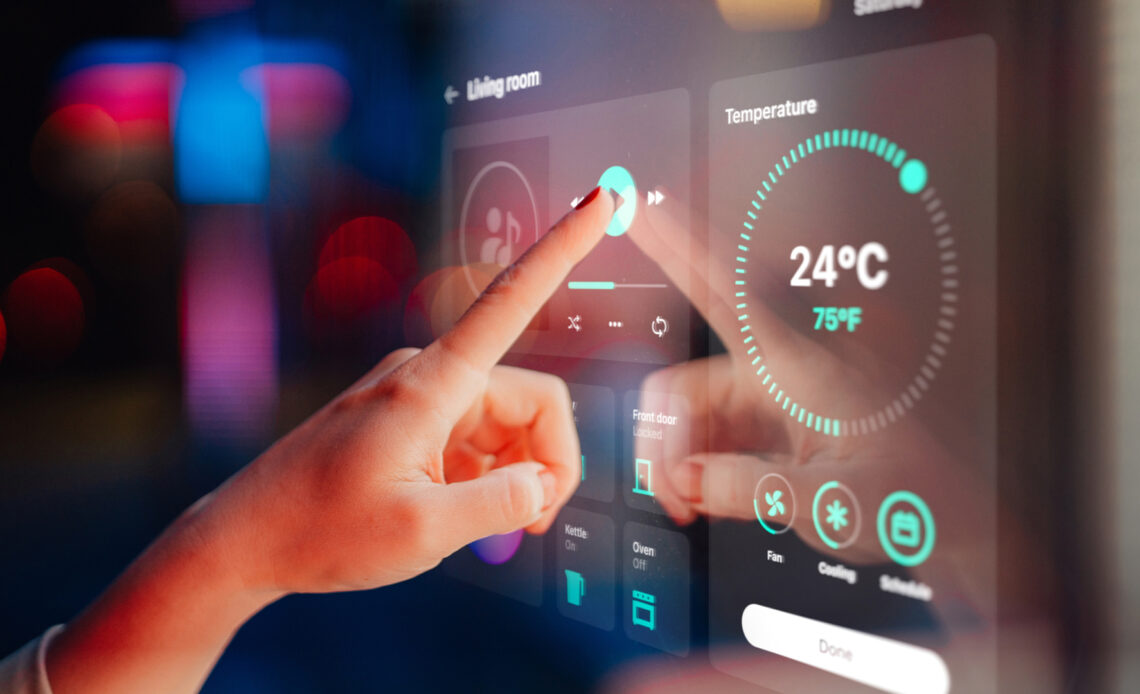“EVERYTHING REMOTELY” OR THE SECOND LIFE OF THE VIRTUAL WORLD
Before the pandemic, commerce, work, education and social interactions were experienced face-to-face. As we all know, the pandemic transported us almost instantly to a virtual world. Even if vaccination allows the reopening of the “real” world, the digitization of many events and professions should continue to develop.Zoom, Microsoft, Facebook and other technology companies are well positioned to take advantage of this trend. Among the other “winners”: the Bizzabo event platform (which provides technology intended to stimulate engagement in online and hybrid events) but also companies which provide secure long-distance access or facilitate teleworking, virtual life has been improving so much that you can start your own huge channels just by yourself, to easier the tough way of your youtube career you can buy youtube subscribers, this is in order to avoid somewhat weird algorithm of youtube
FOODTECH: WHEN GASTRONOMY GOES HAND IN HAND WITH TECHNOLOGY
Numerous studies underline the immense potential of the food industry based on vegetable substitutes. A Credit Suisse report speculates that the size of this industry could grow from 14 billion this year to 1.4 trillion by 2050. Other studies bet that eventually 40% of meat consumed on the planet will come from cells grown in the laboratory. Dozens of substitutes for animal resources have already emerged such as synthetic “hamburgers”, “fake” chickens made from water, meats made from plants or algae, etc. Industry leaders include Beyond Meat, Impossible Food, Just for Egg, Ingredion, and more. But the leaders in the food industry are coming to it gradually. This is the case of Nestlé, which markets vegan steaks under the Gate Gourmet brand.
COMMERCE & DISTRIBUTION: THE DIGITAL WEAPON TO SEDUCE CUSTOMERS
Global commerce has been going digital for many years now – a transition that has of course accelerated recently. The digitization of distribution allows companies in particular to adapt and personalize their offer for each customer: geolocation, chatbots, virtual stores, targeted advertising, etc. are now part of the features used by distributors. Start-up ByondXR provides a new service that allows users to experience products through a virtual store. Clinch allows advertising to be personalized, while Zippin proposed a store concept of the future. Listed companies include Twilio which provides chatbots and APIs as well as Affirm which offers buy now pay later.
RAW MATERIALS: WATER OR NEW BLUE GOLD
While we take water for granted, the future could be much more uncertain for this element. Indeed, giving access to water to every citizen on the planet remains a huge challenge. Technological companies active in this field are legion, but a new generation of digital players is expanding the ecosystem around the theme of water. For example, artificial intelligence and cybersecurity prevent hacking of water tanks. Another example is the removal of toxic blue-green algae from contaminated lakes, an area in which start-ups such as BlueGreen Water Technologies (based in Israel) excel. Listed companies include American Water Works, Global Water Resources and SJW Group.
LOGISTICS: A REAL STEP FORWARD
The pandemic has highlighted the fragility of our supply system. Truth be told, not much has changed since the introduction of standardized containers in the 1950s. With the explosion of e-commerce in recent years, supply chains must evolve and become more agile and efficient in order to follow breakneck speeds. Many start-ups are trying to solve the bottleneck issues that businesses and consumers have had to face recently. Thus Trellis uses artificial intelligence and cognitive processes to optimize food transport. Among the listed companies: Echo Global Logistics, FedEx, United Parcel Service or Forward Air Corporation.

